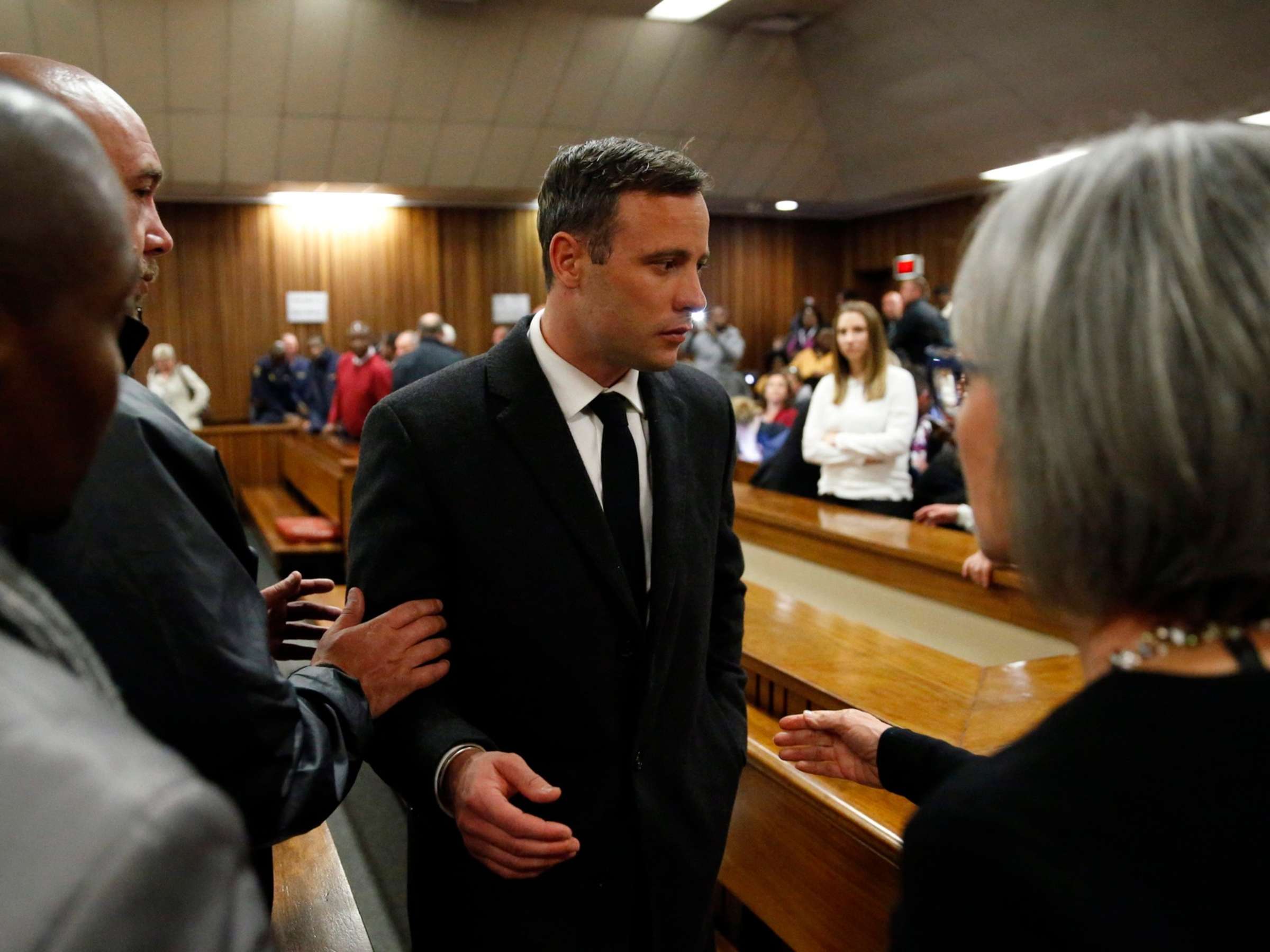
Introduction
Oscar Pistorius, the South African Paralympic athlete, gained global fame as a symbol of determination and ability, being the first double amputee to compete in the Olympics. However, his legacy has been irrevocably altered due to his actions in 2013, which led to the death of his girlfriend, Reeva Steenkamp. This tragic incident raised critical questions about gun safety, domestic violence, and the justice system in South Africa.
The Incident
On the night of February 14, 2013, Pistorius shot Steenkamp multiple times through a bathroom door, believing she was an intruder. The incident sent shockwaves worldwide, leading to his immediate arrest. The subsequent trial captured immense media attention, as Pistorius presented his case claiming a tragic misunderstanding. The courtroom became a place of not only legal battle but emotional turmoil, as numerous witnesses provided their testimony about the events that took place that fateful night.
The Legal Battle
Pistorius’s trial commenced in March 2014, with the defence and prosecution presenting contrasting narratives. On September 11, 2014, he was convicted of culpable homicide and sentenced to five years in prison. However, this outcome was met with public outcry, leading to an appeal by the prosecution for a harsher sentence. In December 2015, the Supreme Court of Appeal increased his sentence to 13 years and five months, highlighting the judicial system’s recognition of the gravity of his actions.
Current Status and Implications
As of 2022, Oscar Pistorius was released on parole after serving half of his sentence. His case remains a significant reference point in discussions about responsible gun ownership and the implications of domestic violence. South Africa has been grappling with high rates of gender-based violence, making the Pistorius case an example of the urgent need for societal and legislative actions to protect victims.
Conclusion
The story of Oscar Pistorius serves as a stark reminder of the complexities surrounding personal responsibility and public perception. Once an icon of athletic prowess, his descent into controversy has altered the conversation about fame, accountability, and victim rights in South Africa. As the nation continues to address issues of violence against women and reckless use of firearms, the Pistorius case remains a cautionary tale that echoes the sentiments surrounding justice, loss, and the fight for change in societal norms.
You may also like

Current Trends in Crime: An Overview

The Life and Crimes of Rehman Dakait
